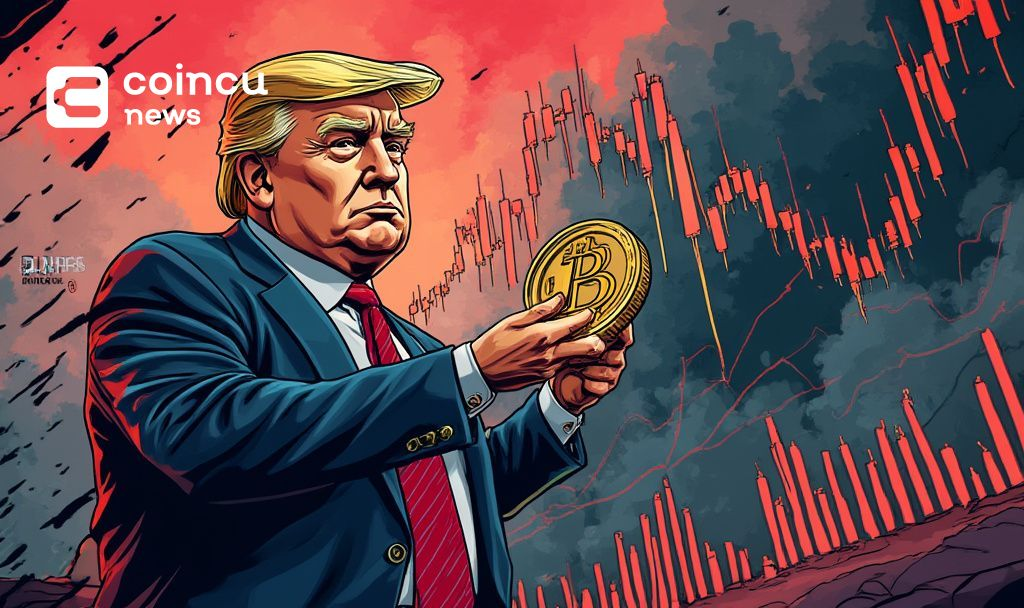- White House division over Trump’s tariffs impacts market confidence.
- Treasury Secretary warns of potential economic spiral.
- Tariff policy fuels global economic uncertainty.

In late March, internal discord within the Trump administration surfaced over the looming tariff policy, evidenced by a heated exchange between senior advisors. The unfolding division reflects potential global ramifications of aggressive tariffs.
Experts highlight the risk of financial volatility, emphasizing Treasury Secretary Scott Bessent’s warnings about market disruptions. Notably, advisor Peter Navarro advocates for a robust tariff enforcement approach.
White House Rift Over Extensive $3 Trillion Tariff Plan
Internal divisions emerged over the Trump administration’s tariff policy before the executive order on April 2. Sources report disputes between Treasury Secretary Scott Bessent and Trade Advisor Peter Navarro. Navarro’s proposal for a 25% tariff on $3 trillion imports faces opposition from Bessent, who predicts market destabilization.
Concerns escalate as officials caution against potential economic downturns. Market reactions include notable downturns in the S&P 500 and Dow Jones as investors brace for possible sustained trade tensions impacting financial and crypto markets.
Industry voices, including Elon Musk, criticize the tariff stance, labeling Navarro’s approach as misguided. Expert economists, such as Brent Neiman, suggest the tariffs are disproportionate, further intensifying debate over trade policy consequences.
Historical Impact of Tariffs on Markets and Trade Relations
Did you know?
During the 2018–2019 US-China trade war, retaliatory tariffs led to increased volatility in both equity and cryptocurrency markets, echoing concerns about current tariff initiatives.
The historical precedence of tariffs, notably during the US-China trade war, showcases significant economic impacts and market instability, underscoring the caution from Bessent and other market observers.
Potential outcomes from current tariff policies could exacerbate global trade relations, affecting supply chains and possibly triggering inflationary pressures. As experts like Neiman critique the approach, the emphasis on historical insights underscores the need for calibrated policy measures.
“I’ve had these countries call me up. ‘Secretary Bessent, we’re happy you’re going to be negotiating.’ Well, President Trump’s going to be involved, too.” — Scott Bessent, Treasury Secretary, Treasury Department
Source: https://coincu.com/332532-internal-white-house-tariff-conflict/